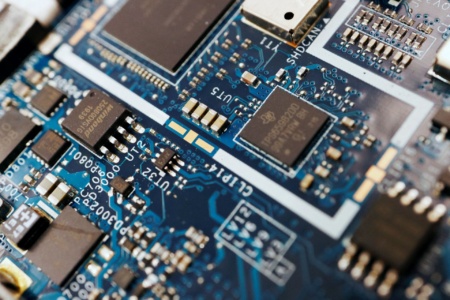
On Tuesday, the US Senate may vote on bills aimed at supporting the country’s computer chip industry. The draft regulations aim to make the US more competitive with China, whose chip industry has grown rapidly over the past 5 years and accounts for almost 10% of global sales. The measures include $52 billion in subsidies and an investment tax credit to boost US manufacturing.

But the semiconductor industry itself is split over these bills. Some players are concerned that the final draft of the laws could provide disproportionate support for Intel, while doing little to support other chip makers such as AMD, Qualcomm and NVIDIA.
Intel, along with companies such as Texas Instruments and Micron, designs and manufactures its own chips. Such firms under the CHIPS Act will benefit from $52 billion in subsidies to build factories. In addition, they will benefit from an investment tax credit to purchase tooling for use in their factories under the FABS Act.
AMD, Qualcomm, and NVIDIA are developing their own chips, but are using manufacturing partners to build them. Thus, they do not benefit from plant construction subsidies or toolkit tax support. They support a separate version of the FABS Act that contains both a manufacturing tax credit and a chip development tax credit that will benefit them directly. This version of the FABS Act is more popular with the wider chip industry. In addition, the Semiconductor Industry Association, which represents US chip firms, has urged lawmakers to pass this particular version of the law.
Representatives of companies to which the current versions of the bills do not promise any benefits speak of an unfair distribution of resources from the point of view of competition.
“You have Intel that can get $20 billion under the CHIPS Act plus $5 or $10 billion under the FABS Act. So $30 billion goes to your direct competitor and you don’t get a cent? This will cause problems in the market,” a company spokesman said on condition of anonymity.
Source: reuters




